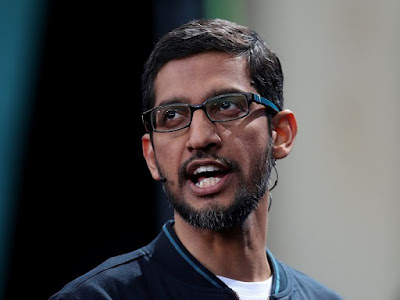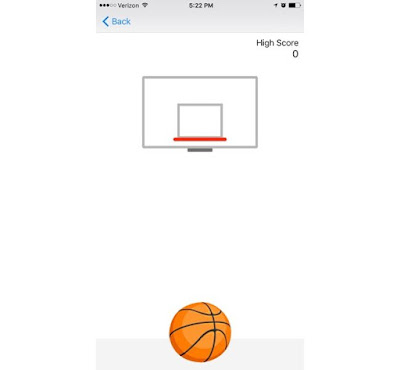Google plans to ‘shame’ smartphone makers to fix one of the worst problems with Android
If you ask developers about their gripes with building apps for
Android, the same problem comes up again and again and again:
“Fragmentation.”
On Android, Google’s mobile operating system, it is the smartphone manufacturers — not Google — who are responsible for pushing out software updates to users. This is in stark contrast to iOS, where Apple can push out an update to every single (compatible) iPhone in the world simultaneously. And as a result, the Android market is intensely fragmented — with numerous different versions of the OS out there.
This complicates development, as the majority of Android phones end up unable to utilise the latest features Google introduces for developers. And more worryingly, it can leave millions of users open to hacking as security patches never reach them.
In short: Google could build an incredible new feature for the next version of Android, but unless Samsung gets around to deciding to push the update to you, you’re never going to see it.
Bloomberg reports that Google is renewing its efforts to improve the update procedures of Android manufacturers — and it is prepared to “shame” them if necessary.
The Californian tech giant has apparently ranked manufacturers according to “how up-to-date their handsets are, based on security patches and operating system versions,” and shared these lists among manufacturers. These lists are currently private — but Google is reportedly considering making the list public to “shame” the manufacturers that are significantly worse than others.
Google did not immediately respond to Business Insider’s request for comment.
Google already publishes data on fragmentation on its Developer Dashboard. Just 7.5% of Android phones are currently running the most version of the OS, Marshmallow, which launched in October 2015. And more than half are running KitKat (which came out in October 2013) or an even older version of the operating system.

In contrast, 84% of active iOS devices (iPhones and iPads) are currently running iOS 9, the most recent version, which came out in September 2015.

On Android, Google’s mobile operating system, it is the smartphone manufacturers — not Google — who are responsible for pushing out software updates to users. This is in stark contrast to iOS, where Apple can push out an update to every single (compatible) iPhone in the world simultaneously. And as a result, the Android market is intensely fragmented — with numerous different versions of the OS out there.
This complicates development, as the majority of Android phones end up unable to utilise the latest features Google introduces for developers. And more worryingly, it can leave millions of users open to hacking as security patches never reach them.
In short: Google could build an incredible new feature for the next version of Android, but unless Samsung gets around to deciding to push the update to you, you’re never going to see it.
Bloomberg reports that Google is renewing its efforts to improve the update procedures of Android manufacturers — and it is prepared to “shame” them if necessary.
The Californian tech giant has apparently ranked manufacturers according to “how up-to-date their handsets are, based on security patches and operating system versions,” and shared these lists among manufacturers. These lists are currently private — but Google is reportedly considering making the list public to “shame” the manufacturers that are significantly worse than others.
Google did not immediately respond to Business Insider’s request for comment.
Google already publishes data on fragmentation on its Developer Dashboard. Just 7.5% of Android phones are currently running the most version of the OS, Marshmallow, which launched in October 2015. And more than half are running KitKat (which came out in October 2013) or an even older version of the operating system.

Google

Apple
Source: Business Insider




Comments
Post a Comment